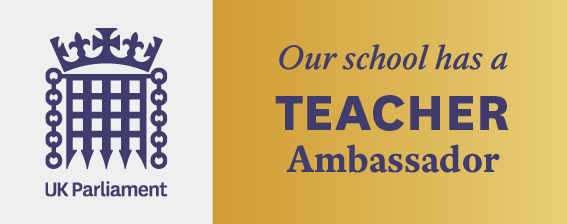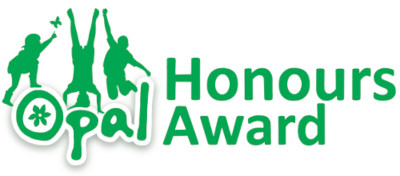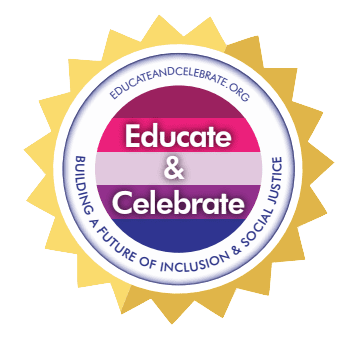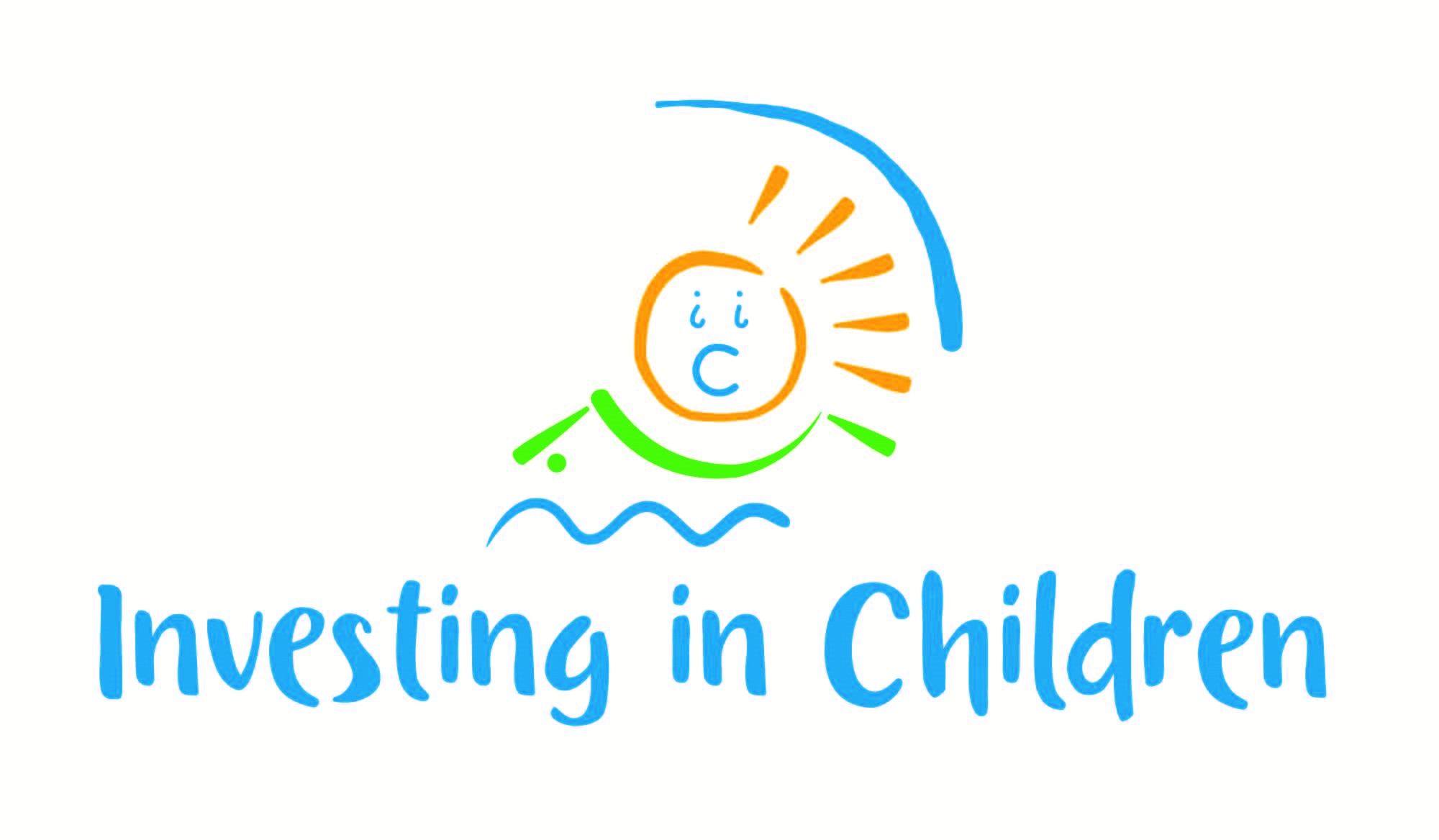CULTURAL CAPITAL
In History, we ensure:
- Children will learn about key figures from local, national and international history including Grace Darling, the Bradford Brothers and Tutankhamun.
- Children will learn about different civilisations, learning about, and from, their way of life.
- They will visit a museum (more than one in their school life).
- There will be organised workshops with historians, including the Hancock and Beamish Museums
- They will visit places of local historical interest including: Durham Cathedral; the location of the Esh Winning Mine (and other places of interest in the village) and a site of Roman interest (e.g. Binchester).
- There will be opportunities to explore artefacts from specific periods of history.
- Children will learn about and celebrate historical events such as Bonfire Night and St. George’s Day
SMSC
Spiritual
- Ability to be reflective about our own beliefs that inform our perspective on life and our interest in and respect for different people’s faiths, feelings and values
- Sense of enjoyment and fascination in learning about ourselves, others and the world around them
- Use of imagination and creativity
- Fostering curiosity for how and why events in the past happened and their many causes.
- Helping children to realise the incredible significance that some individuals have had in the past and how historical knowledge changes with new evidence and different interpretations of events.
- Allowing Children to see the similarities between people now and in the past and bringing them alive through primary and secondary sources, artefacts and visits and visitors.
Moral
- Encouraging Children to comment on moral questions and dilemmas from the past.
- Helping children to empathise with the decisions which ordinary people made at the time, based on their historical situation.
- Developing open mindedness when considering the actions and decisions of people from the past.
- Interest in investigating and offering reasoned views about moral and ethical issues in history and the ability to understand and appreciate the viewpoints of others on these issues.
Social
- Encouraging Children to think about what past societies have contributed to our culture today.
- Promoting Children own social development through working together and problem solving.
- Exploring the similarities and contrasts between past and present societies and be made aware of how, in the main, we are very fortunate to live in ‘the modern world’.
Cultural
- Developing a better understanding of our multicultural society through studying links between local, British, European and world history.
- Gaining an understanding of and empathy with, people and cultures in history.
- Understanding and appreciation of the wide range of cultural influences that have shaped their own heritage and those of others.
- Willingness to participate in and respond positively to artistic, musical, sporting and cultural opportunities
British Values
Democracy
- Children will consider what it was like for individuals during different time periods.
- Children will consider themselves in the positions of others (empathy) and the concept of fairness.
- Students explore issues such as democracy in their historical context and relate them to the modern day through studying periods such as Ancient Greece. This enables the students to understand how, overtime, changes happened and to evaluate their impact.
Rule of Law
- Children examine different codes for living in history and consider the value of the rule of law where all people are equal.
Individual Liberty
- Children will make choices e.g. what the enquiry question will be or what an artefact was used for.
- Children will have differing opinions about a culture or time period studied.
Tolerance
- Children will consider questions about identity and belonging when learning about different historical periods.
Mutual Respect
- Children will express their opinions and beliefs through different historical time periods with mutual respect.
- Children will be taught and encouraged to show respect to each other’s beliefs, feelings and opinions by giving each child a forum to share these on with the expectation that these must be listened to.
- Working together in groups effectively will show our ability.








![Music-Mark-logo-school-right-[RGB]](https://eshwinning.durham.sch.uk/wp-content/uploads/2021/05/Music-Mark-logo-school-right-RGB-1.png)

